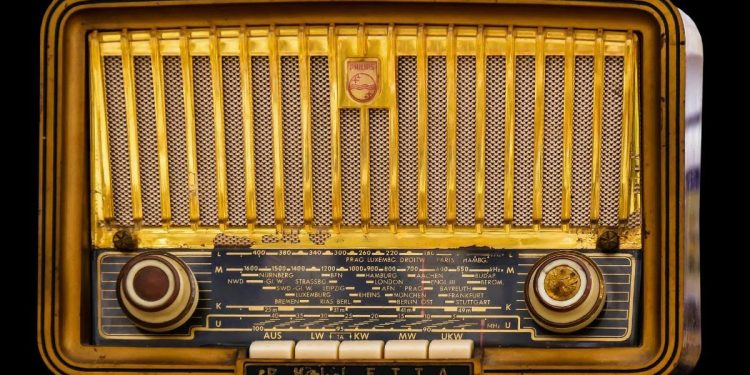On World Radio Day, we celebrate the impact and influence of radio as a medium of communication and entertainment. Despite the development of new technology, radio maintains a distinct position in our lives by providing a unique experience and a connection to the outside world.
Since its inception in the early 20th century, radio has advanced significantly. It has changed and evolved from being the main source of news and entertainment to accommodating the changing demands of its listeners. However, of late podcasts have significantly replaced traditional radio. People now frequently use podcasts to listen to their favourite music, news, television series, and other content. Podcasts are a more popular option for listeners in India due to their accessibility, personalisation, and on-demand nature.
Ahead of World Radio Day, a couple of RJs share with Sunday POST their thoughts on the rise of podcasts and whether they are likely to eclipse radio in a few years from now.
RJ Komal of Radio Chocolate says, “Radio, in my opinion, has a distinct vibe. We listen to the radio for entertainment, current events, and news. Radio provides up-to-date news, traffic reports, and current affairs, but podcasts are unable to do the same. Podcasts feature packages that are published later and not supplied with live feed. In podcasts, RJs record interviews, package it, add some finishing touches, and edit it appropriately before uploading it so that listeners may access it later. Podcasts require a lot of packages and time to produce their content. You can’t get news that is current and in real-time like you can get on the radio.”
Looking back the days gone by Komal continues: “Earlier, in the absence of television, people used to rely on the radio to listen to music, information, and news, so they were quite excited at the launching of All India Radio. Then, radio listeners in Odisha again greeted the introduction of FMs in 2010 with enthusiasm and joy. After a few years, smartphones came into existence, bringing with them programmes like Wynk, Spotify, and many more that helped the younger generation get familiar with the podcast age. We RJs are working to make podcasts that feature various episodic bundles in an effort to stay with the trends.”
Though podcasts and radio are separate media, the latter will always have a certain charm. Even if podcasting is becoming popular, it’ll never be a substitute to the radio which has and will remain timeless, concluded Komal.
RJ Smita of Red FM, on the other hand said, “Podcasts, in my opinion, are a fantastic kind of audio. When we travel, we frequently choose to listen to audio rather than watch videos. Thanks to the podcast, audio now has a new dimension. I believe they’re great, and anyone with a good voice and some knowledge can be a podcaster. No wonder, the radio audiences have changed over the years.”
However, Smita believes that podcasts are the expanded form of radio. Every radio station has a website dedicated to podcasts. One can simply pick up and listen from there. And for folks who aren’t now listening to the radio, they may pick up any RJ’s show or other specific content from the website of that particular channel, she says while acknowledging that the number of listeners has perhaps dropped slightly as a result of social media, but people still tune in to various radio channels.






































